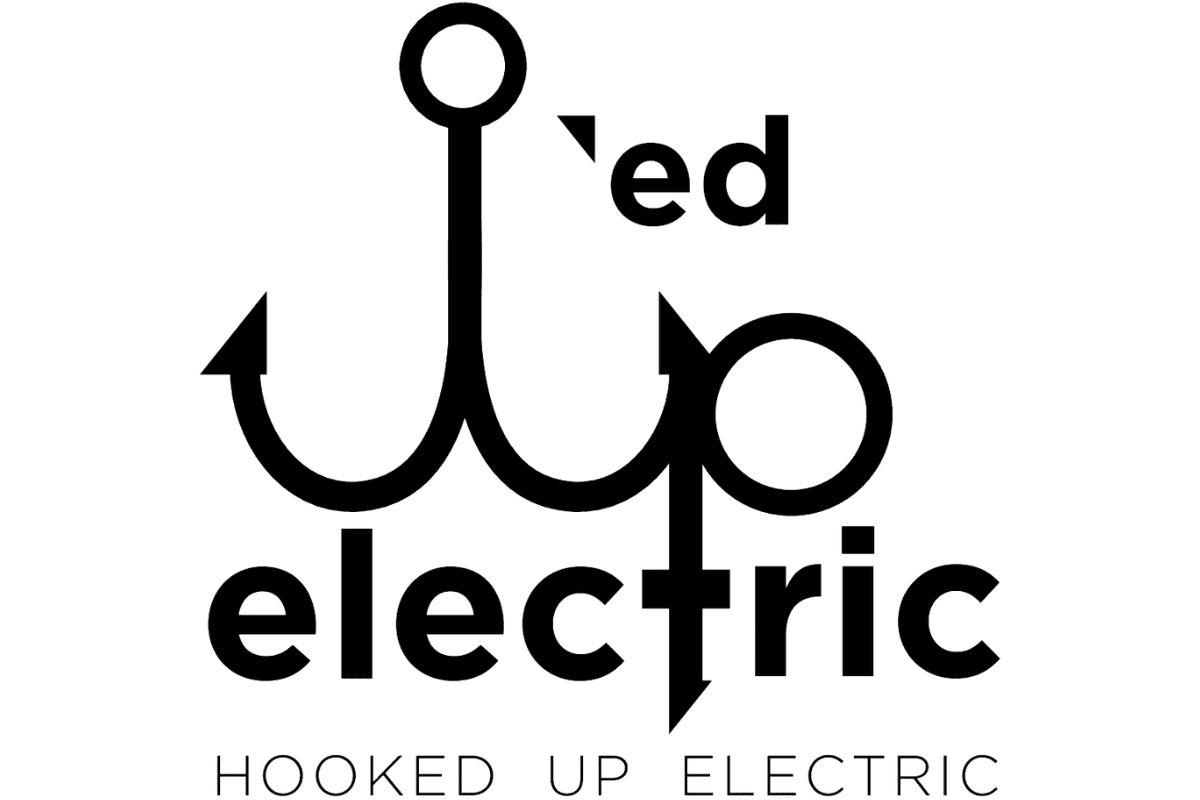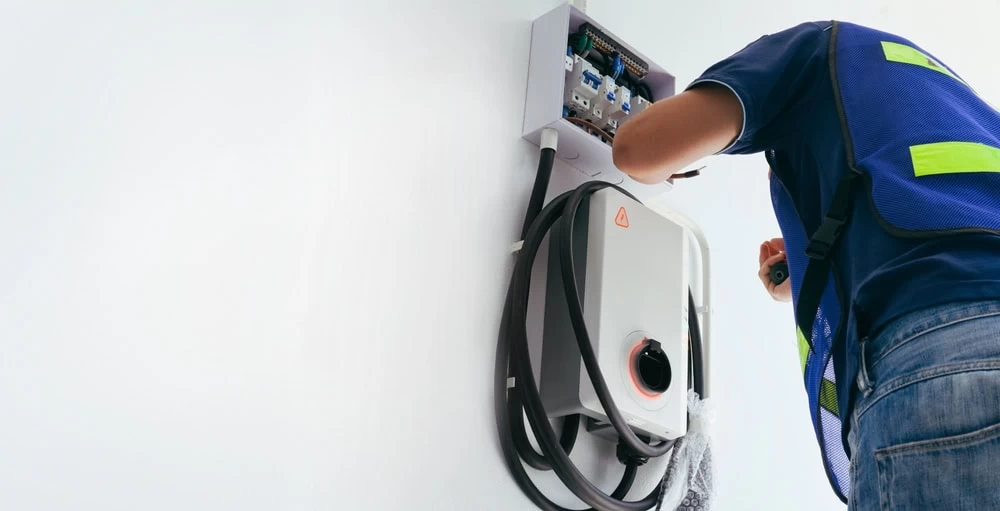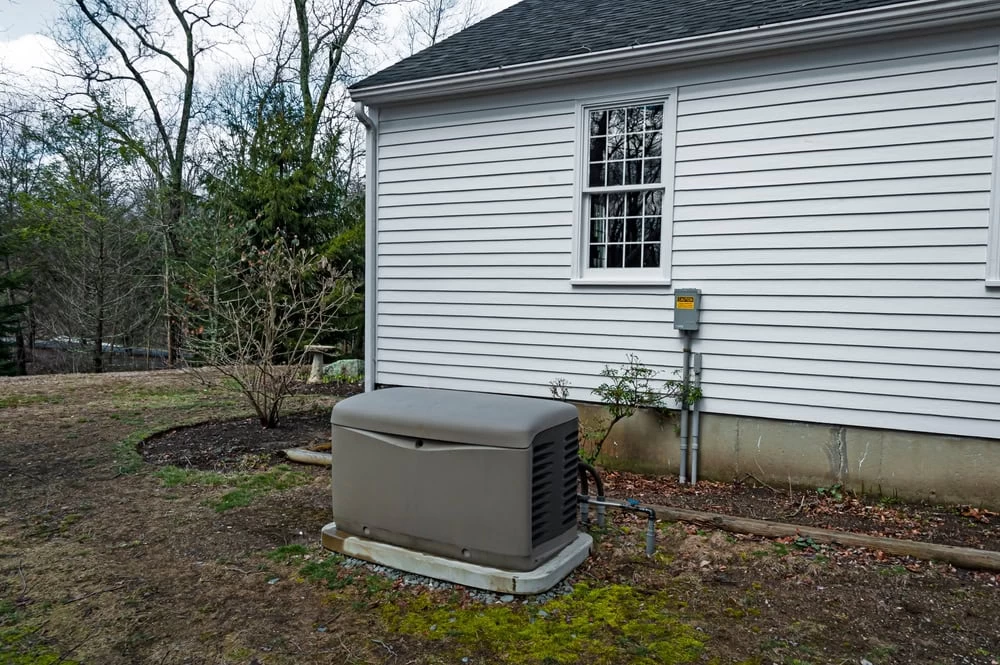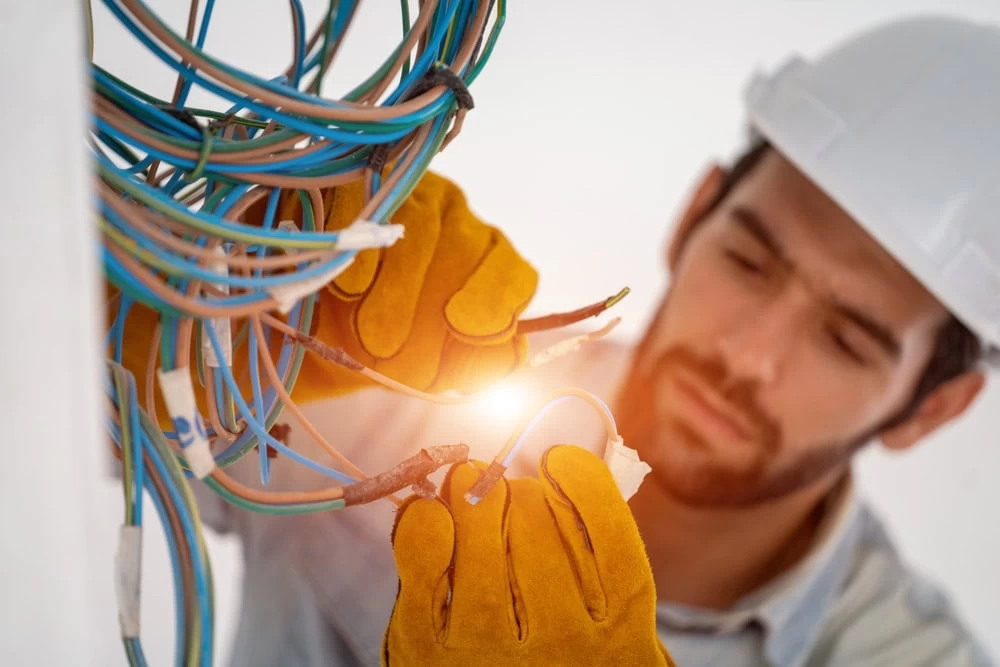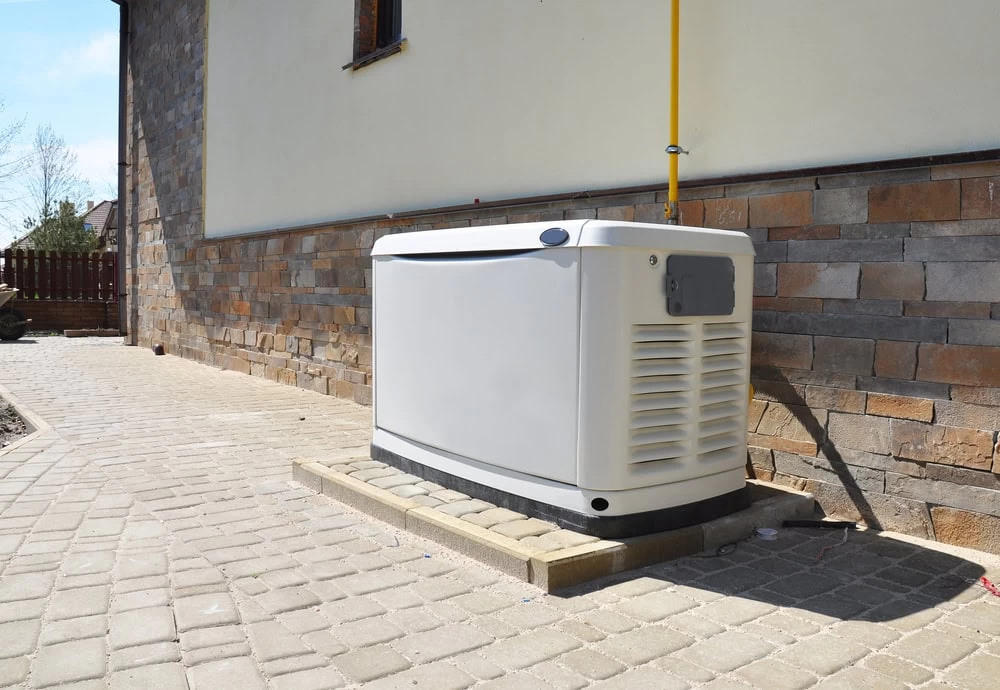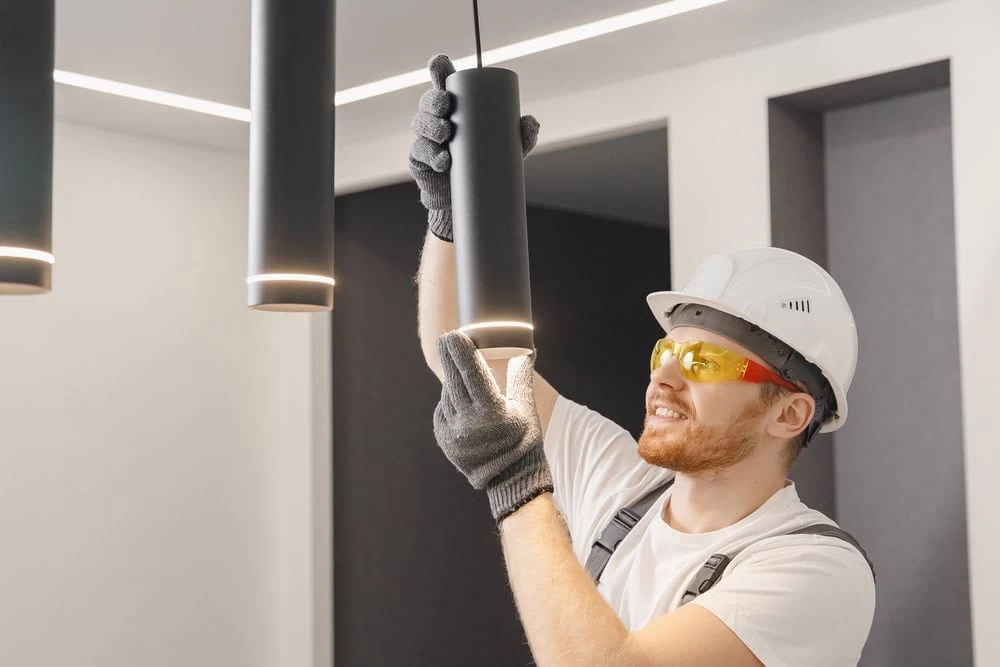Summary:
Stop Wasting Money on Expensive Public Charging
Public EV charging stations charge $0.28-0.45 per kWh compared to $0.12 residential electricity rates, creating annual fuel cost differences of $1,200-1,800 for drivers covering 12,000 miles yearly. Level 2 home chargers operating on 240-volt circuits deliver 25-40 miles of range per hour of charging, allowing overnight charging that meets daily driving needs without expensive public station visits. Time savings add up to 50+ hours annually by eliminating charging stops, while home charging provides the convenience of starting each day with a full battery. However, EV chargers require dedicated 40-60 amp circuits that most homes lack—attempting to charge on standard 120-volt outlets takes 24+ hours for complete charging while creating dangerous overload conditions on 15-amp household circuits. Professional installation includes load calculations that verify your electrical panel can support EV charging without overloading existing circuits, preventing the voltage drops that damage sensitive EV charging electronics.
Panel Upgrades That Support EV Charging Safely
EV chargers require 200-amp electrical service with available circuit capacity for 40-60 amp dedicated circuits. Homes with 150-amp or smaller service need panel upgrades to safely support EV charging without overloading circuits that power air conditioning and other major appliances. Professional load analysis calculates total electrical demand, including EV charging, preventing dangerous overload conditions that cause panel overheating and fire hazards.
Proper Wiring That Prevents Fire Hazards
EV charging circuits require 6-gauge copper wire rated for continuous 50-amp loads, while standard household circuits use 12-14 gauge wire adequate only for intermittent loads. Using undersized wire for EV charging creates resistance that generates dangerous heat levels, gradually degrading insulation until wire failures cause electrical fires. Professional EV charger installation includes torqued connections and thermal compound that prevent the loose joints responsible for 60% of electrical fires.
Protect Your Insurance Coverage with Code-Compliant Installation
Insurance companies automatically deny fire claims when unpermitted electrical work contributes to property damage, leaving you liable for complete rebuilding costs averaging $150,000-250,000 for total home losses. Taylor County requires electrical permits for all EV charger installations, with inspection verification that wiring meets National Electrical Code requirements for continuous-duty circuits. Professional installation includes GFCI protection that shuts off power within 1/40th of a second when ground faults occur, preventing electrocution hazards that kill 30+ people annually during EV charging. Permit documentation protects insurance coverage while satisfying legal requirements that prevent the $1,000-3,000 fines imposed when unpermitted work is discovered during home sales or insurance inspections. Licensed electrician warranties cover installation defects for 1-3 years, providing free correction of any problems that develop from proper installation procedures.
Smart Charging Features That Maximize Savings
Wi-Fi enabled EV chargers with smartphone apps allow scheduling that takes advantage of off-peak electricity rates, reducing charging costs by an additional 30-40%. Load management systems automatically reduce charging speed when household electrical demand peaks, preventing expensive demand charges while maintaining overnight charging completion. Professional installation includes smart charger programming that optimizes charging costs based on your utility rate structure.
Future-Proof Installation for Multiple Vehicles
Professional EV installations include conduit and panel space for additional charging circuits as families add more electric vehicles. Installing dual chargers during initial construction costs 40% less than separate installations, while shared electrical infrastructure reduces total installation costs. Load-sharing devices allow multiple EV chargers on single circuits, automatically managing power distribution to prevent overloads.
Start Saving Money with Professional EV Charging Installation
Home EV charging provides immediate cost savings that pay for professional installation within 8-12 months while eliminating the inconvenience and expense of public charging stations. Your Taylor County home needs proper electrical infrastructure to support EV charging safely without voiding insurance coverage or creating fire hazards. Professional installation costs $1,800-3,200 but generates $1,200+ annual savings while protecting your family from electrical dangers and insurance claim denials. Contact Hooked Up Electric today to calculate your specific EV charging savings and install the electrical infrastructure that makes electric vehicle ownership practical and profitable.
